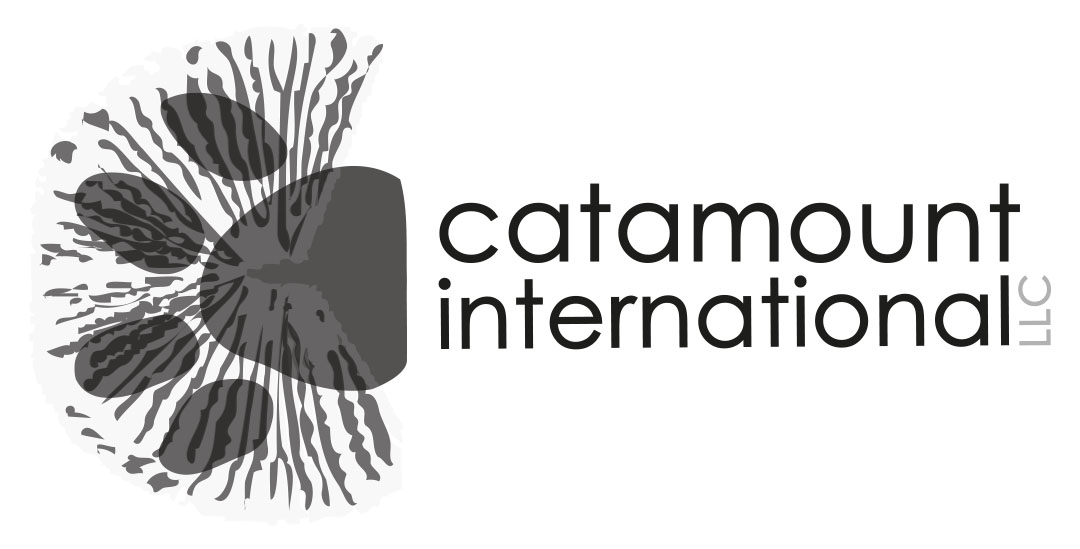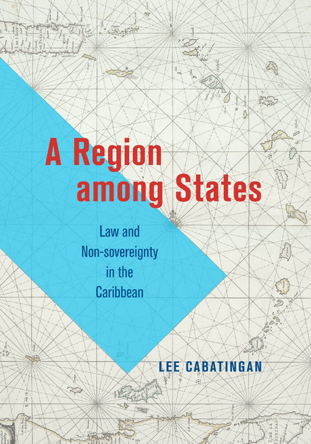A Region among States
Breve Descripción
En su búsqueda de un electorado entusiasta y que acepte, la Corte está emprendiendo un proyecto de construcción de una región extrajudicial que toma prestado de la caja de herramientas del estado-nación. En cada capítulo, Cabatingan nos lleva a una dimensión analítica familiar de los estudios sobre la construcción de la nación y el estado —mito, territorio, pueblo, idioma y marca— para ayudarnos a comprender no solo la Corte y sus ambiciones, sino también el proyecto regionalista, acosado como tal, es con falsos comienzos y decepciones, como una potencial alternativa al estado soberano.
Breve descrição
Em sua busca por um eleitorado ávido e receptivo, o Tribunal está realizando um projeto de construção de região extrajudicial que toma emprestado da caixa de ferramentas do estado-nação. Em cada capítulo, Cabatingan nos leva a uma dimensão analítica familiar dos estudos de nação e construção do Estado – mito, território, povo, língua e marca – para nos ajudar a entender não apenas a Corte e suas ambições, mas também o projeto regionalista, acossado como é com falsos começos e decepções, como uma alternativa potencial ao estado soberano.
Full description
How is it that a great swath of the independent, English-speaking Caribbean continues to accept the judicial oversight of their former colonizer via the British institution of the Privy Council? And what possibilities might the Caribbean Court of Justice—a judicial institution responsive to the region, not to any single nation—offer for untangling sovereignty and regionhood, law and modernity, and postcolonial Caribbean identity?
Joining the Court as an intern, Lee Cabatingan studied its work up close: she attended each court hearing and numerous staff meetings, served on committees, assisted with the organization of conferences, and helped prepare speeches and presentations for the judges. She now offers insight into not only how the Court positions itself vis-à-vis the Caribbean region and the world but also whether the Court—and, perhaps, the region itself as an overarching construct—might ever achieve a real measure of popular success. In their quest for an accepting, eager constituency, the Court is undertaking a project of extrajudicial region building that borrows from the toolbox of the nation-state. In each chapter, Cabatingan takes us into an analytical dimension familiar from studies of nation and state building—myth, territory, people, language, and brand—to help us understand not only the Court and its ambitions but also the regionalist project, beset as it is with false starts and disappointments, as a potential alternative to the sovereign state.
Technical Professional & Applied Sciences
otras áreas de / interés...
other areas of / interest...
outras áreas de interesse...
¿Buscas un título en un área específica?
¿Buscas un título en un área específica?
¿Procurando livros em uma área específica?














